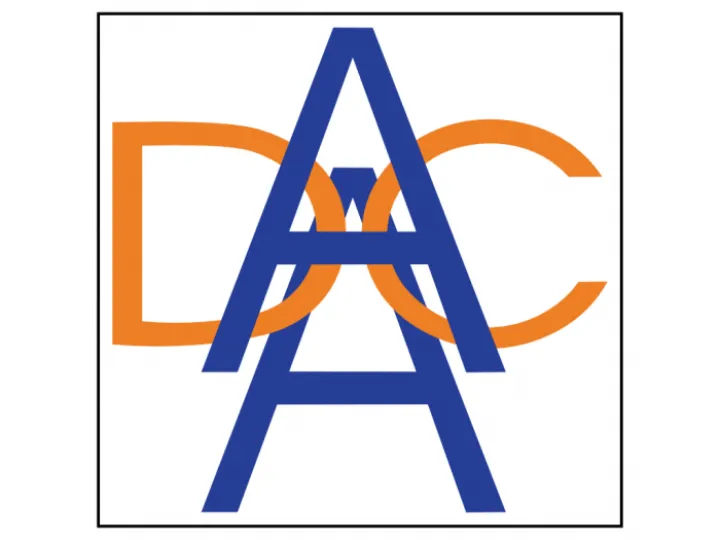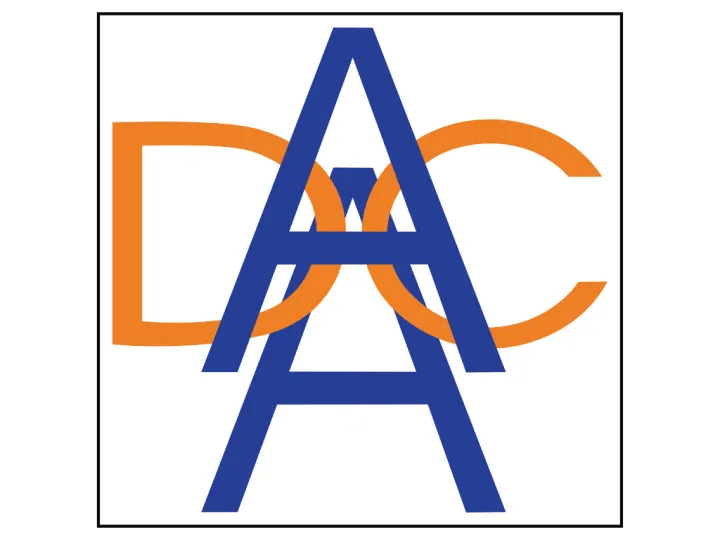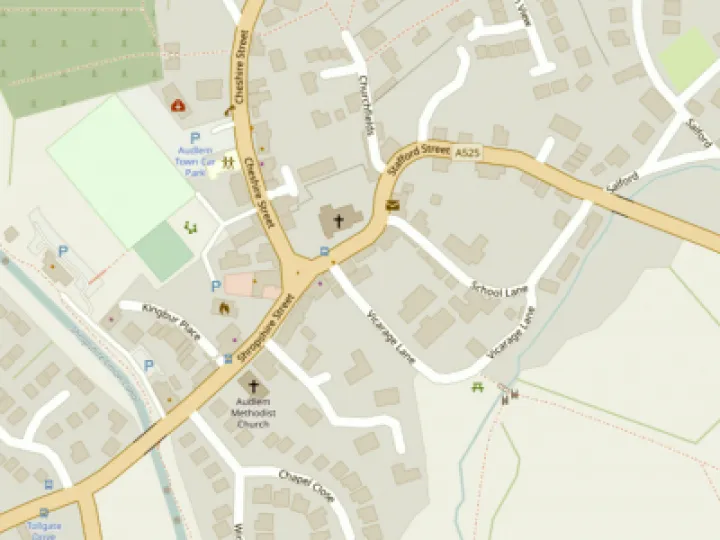Library Rise and Fall
Audlem and District History Society
History Shorts 43 by Brenda Smethurst
The rise and fall (and rise again?) of the public library
Throughout my working life, I was used to finding that on being asked what I did career-wise, on answering that I was a librarian, the questioner's eyes would immediately glaze over, and the conversation would swerve off in another direction. I always thought it a great pity, as I have a wealth of anecdotes to tell, but maybe another time!
Sadly, public libraries are now in decline (at least in this country), after proudly providing over a century and a half of vital public service. When travelling abroad, I have always made a point of visiting any local public libraries where possible, especially in the smaller communities. So, in Australia and New Zealand, the USA and Canada, throughout Europe and Scandinavia, I have noticed a pride in their well-funded local facilities, a pride which seems sadly lacking in our own country. We were told by our lecturers in Library School that roughly only a quarter of the population were library members at any one time, even in the heyday of the 1950s and 1960s, and that no-one ever fully appreciated or treasured anything that was free at the point of delivery.
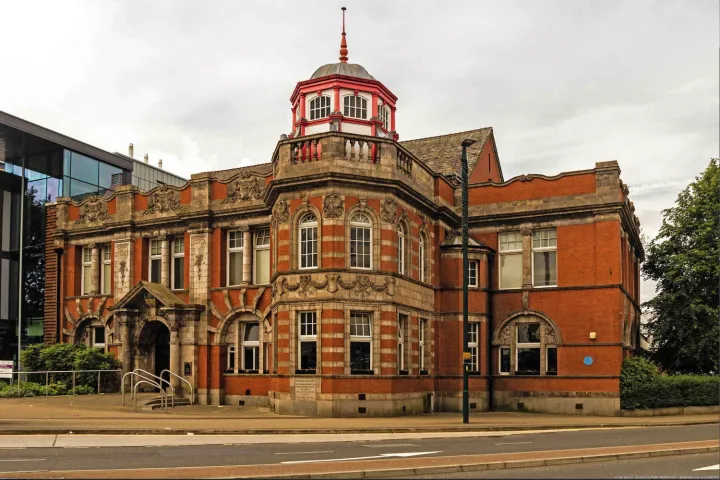
The first free public libraries in this country were set up from 1850 onwards, (Salford being the first), followed by Manchester (where I trained), and a few other towns in 1852 – as always, the North West leads the way, with everyone else following! Town councils were not allowed to levy more than one halfpenny in the pound for the free libraries themselves. Books had to be provided voluntarily as extras!
Andrew Carnegie, industrialist and philanthropist, donated money for library buildings up until 1919, (examples include the libraries at Eccles and Chorlton-cum-Hardy, both of which I worked in during my early career), and later donations were for other aspects of libraries such as catalogues. The Carnegie Trust also offered our professional body, the Library Association, a headquarters building in central London in 1931.
Staffordshire County Library was established in 1916, the first county library service in Britain, pre-dating the Public Libraries Act of 1919, when penny rate limitation was removed, thereby opening the flood gates for other county libraries to be formed.
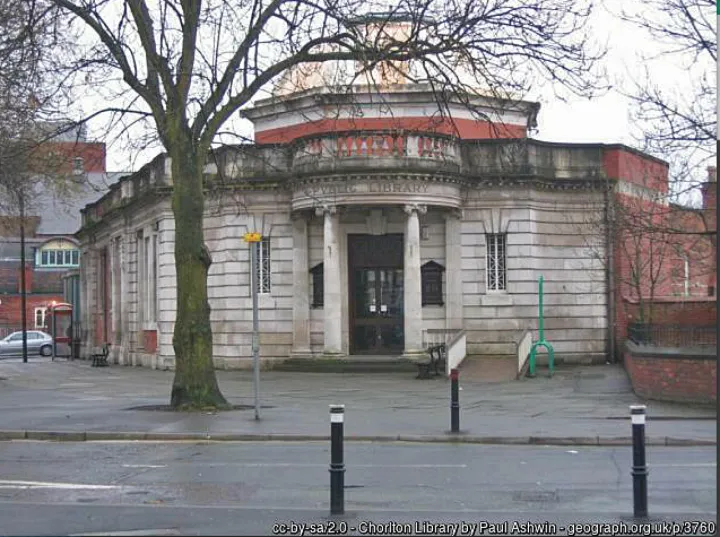
During the 1930s, many new public library buildings were opened, including Manchester's Central Library in St. Peter's Square in 1934. After World War 2, public libraries continued to establish their role in post-war society especially for recreational and vocational use, by developing different departments, such as reference, children's, periodicals, inter-library loans, music, archive and local history collections, plus mobile libraries and services to hospitals, the housebound and prisons.

[
]Public libraries are now trying to forge a new role by reconciling their traditional book-lending activities within the 21st century computer and social media age. At the same time, they are suffering vicious budget cuts, as are all local government departments. A few local authorities have recently invested in state-of-the-art new resources and library buildings, examples being in Birmingham and Liverpool. Soon after opening in 2013, funding cuts forced Birmingham City Council to almost halve the library's opening hours, though most have since been restored as a result of a shared-use agreement with a language teaching centre.

[
]The present pandemic has brought a resurgence of reading as a panacea or form of escapism from the constant bad news, and the depleted library staff, (or more often, volunteers), are attempting to redefine the future service model.
If they can rapidly re-invent themselves with initiatives such as e-book lending, then there is hope for the future. Otherwise, my interesting and varied profession may sadly soon cease to exist, at least as far as public libraries are concerned. Libraries (whether public or not) are always an easy target when looking to slash budgets, and are considered to be luxuries, not necessities. The opposite is generally true of attitudes abroad. We shall not know what we've lost until it is too late.
Get In Touch
AudlemOnline is powered by our active community.
Please send us your news and views using the button below:
Email: editor@audlem.org










